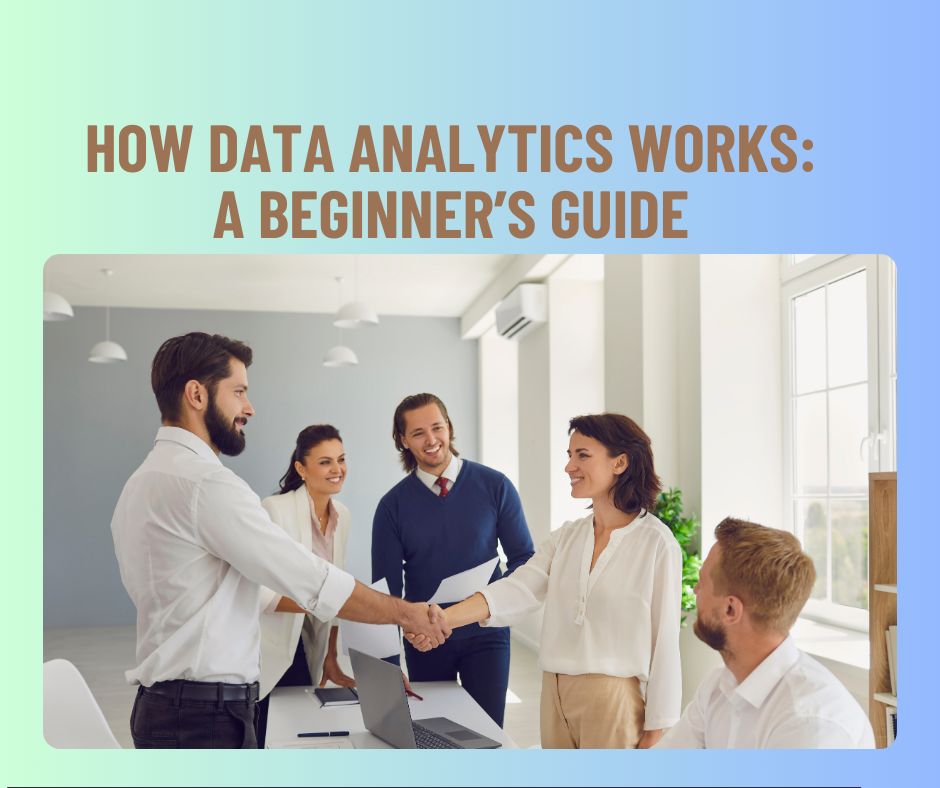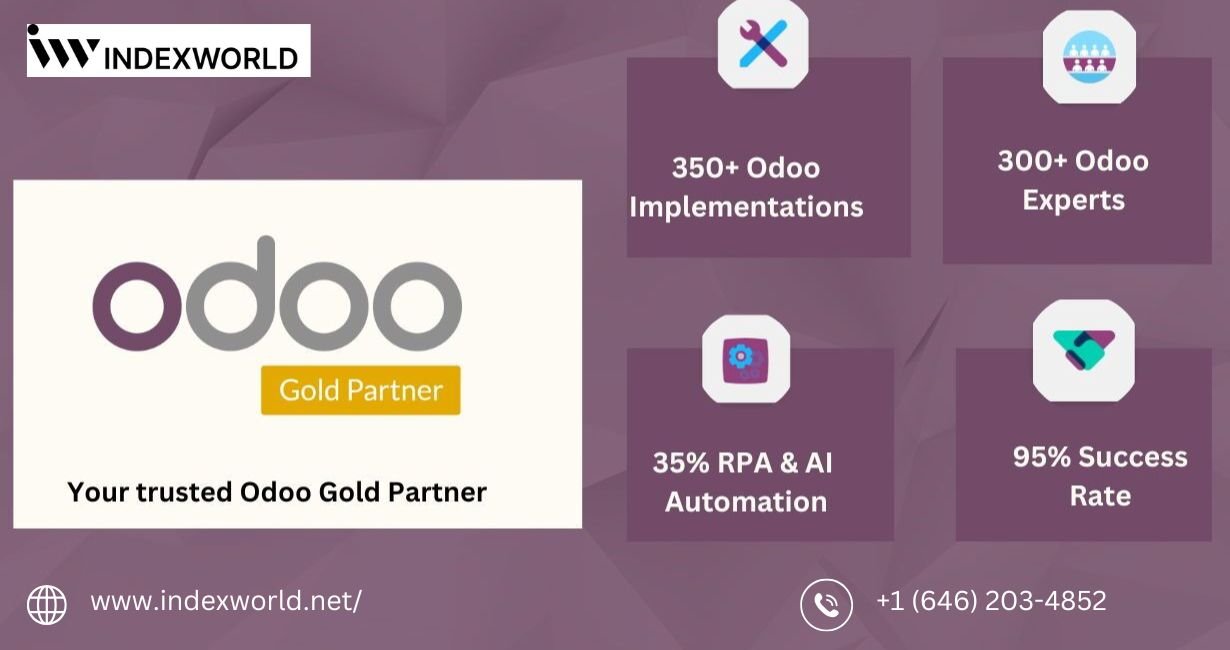As VR marketing continues to develop, it is quickly becoming a popular choice for brands looking for new ways to engage with consumers. Recent trends indicate a move towards more accessible and mobile-friendly VR experiences, fueled by the decreasing costs of VR headsets and the emergence of smartphone-based VR apps. Brands are also investigating how to combine VR with other technologies such as AI and 5G to craft even more personalized and immersive campaigns. Additionally, the use of VR for virtual try-ons in retail, virtual tours in real estate, and interactive product demonstrations across various sectors is on the rise, highlighting the increasing integration of VR into marketing strategies.
VR development services are changing the way brands connect with their audiences. Virtual Reality (VR) has moved beyond being a futuristic concept; it has become a powerful marketing tool that enhances brand engagement. By immersing consumers in interactive and captivating experiences, VR marketing goes beyond traditional advertising methods, creating stronger connections and leaving lasting impressions. This blog post delves into how VR is transforming marketing and how you can use it to enhance your brand engagement.
The Rise of VR in Marketing
VR presents a unique chance to grab attention and create unforgettable experiences. Unlike traditional marketing, which often involves passive information consumption, VR enables users to actively engage and interact with a brand’s message. This immersive nature results in higher levels of engagement and recall, making VR an effective tool for marketers. In fact, a recent study by Nielsen revealed that VR experiences elicit significantly stronger emotional responses compared to traditional advertising. This emotional bond is crucial for fostering brand loyalty and driving sales.
Benefits of VR Marketing for Brand Engagement:
VR marketing provides numerous advantages for businesses aiming to boost brand engagement:
- Increased Brand Awareness: VR experiences can create significant excitement and media coverage, resulting in heightened brand visibility and awareness.
- Enhanced Storytelling: With VR, brands can narrate their stories in a more engaging and immersive manner. By placing consumers “inside” the story, brands can forge a deeper emotional bond and cultivate stronger brand loyalty.
- Improved Product Demonstrations: VR enables the creation of interactive product demonstrations, allowing consumers to experience a product before making a purchase. This is especially beneficial for complex or high-value items.
- Personalized Experiences: VR can craft personalized experiences that cater to individual consumer preferences. This level of customization can greatly boost engagement and brand loyalty.
- Greater Emotional Connection: The immersive quality of VR elicits stronger emotional reactions compared to traditional advertising. This emotional tie can enhance brand recall and foster positive brand associations.
- Higher Engagement Rates: VR experiences are naturally more engaging than passive forms of advertising. By actively participating in the experience, consumers are more likely to remember the brand and its message.
- Data Collection and Insights: VR experiences can yield valuable insights into consumer behavior and preferences. This information can be utilized to refine marketing strategies and enhance targeting.
How to Use VR for Brand Engagement
Here are some practical ways to incorporate VR into your marketing strategy and enhance brand engagement:
- Create Immersive Brand Experiences: Design VR experiences that highlight your brand’s values, history, or mission. These experiences can help consumers form a deeper connection with your brand.
- Offer Virtual Product Tours: Develop virtual tours of your products or facilities. This provides consumers with a behind-the-scenes look at your operations, fostering trust.
- Develop Interactive Games: Create VR games that feature your brand or products. Gamification can effectively engage consumers and build positive associations with your brand.
- Host Virtual Events: Utilize VR to host virtual events, such as product launches, conferences, or concerts. This approach can help you reach a broader audience and create memorable experiences.
- Create Virtual Training Programs: VR can be employed to develop engaging and effective training programs for employees or customers.
- Offer Virtual Reality Shopping Experiences: Enable customers to browse and purchase products in a virtual setting. This can enhance the shopping experience and boost sales.
Your Partner in VR Marketing
Creating impactful VR marketing experiences requires specialized skills and expertise. Partnering with experienced VR development services is essential for realizing your vision. These services provide a variety of capabilities, including:
- VR Content Creation: Producing high-quality VR content that is engaging, immersive, and aligned with your brand’s message.
- VR Application Development: Crafting custom VR applications tailored to your specific marketing needs.
- VR Hardware Integration: Incorporating VR hardware, such as headsets and controllers, into your marketing campaigns.
- VR Experience Design: Designing user-friendly and intuitive VR experiences that maximize engagement.
The Key to Success
Selecting the right provider for VR development services is crucial for the success of your VR marketing efforts. It’s important to choose a provider with a solid history of delivering high-quality VR experiences tailored for marketing. They should possess a comprehensive understanding of the VR landscape and assist you in crafting a strategy that aligns with your business objectives.
Building Your Virtual Future
By tapping into the expertise of VR development services, you can design innovative VR marketing campaigns that grab attention, foster brand loyalty, and drive tangible business outcomes.
Conclusion
VR is transforming the marketing landscape, presenting brands with unique opportunities to connect with their audiences. By creating immersive and interactive experiences, VR marketing can boost brand awareness, enhance product demonstrations, build emotional connections, and increase sales. Collaborating with skilled VR development services is essential for fully leveraging this groundbreaking technology. As VR continues to advance, its significance in marketing will only increase, making it a vital tool for businesses aiming to stay ahead and create unforgettable brand experiences. Embrace the potential of VR to unlock new levels of brand engagement and success.
Also Read: How VR Fitness Apps Transform Home Workouts














